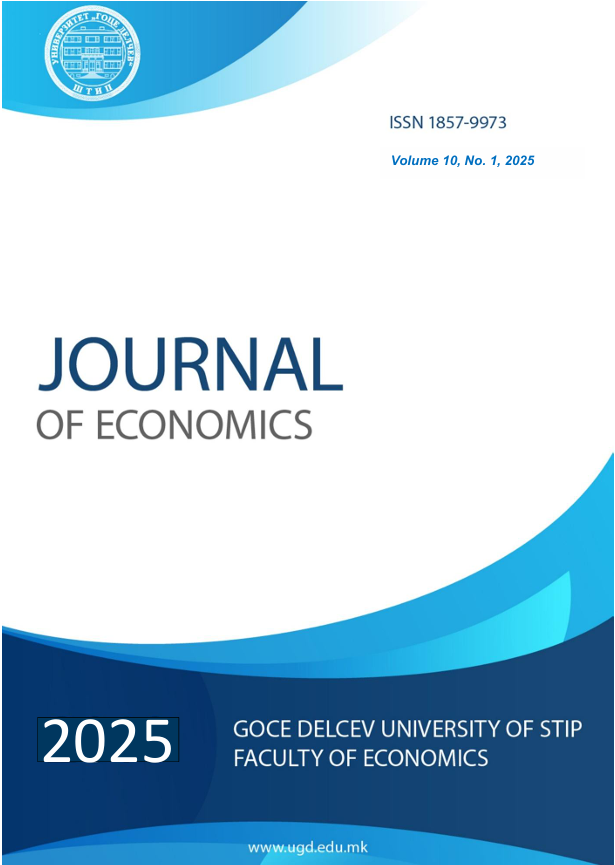Strategic Event Management and Promotion Enhancing Audience Engagement for Radio Stations
DOI:
https://doi.org/10.46763/JOE2510172aKeywords:
Innovative strategies, tools, promotional techniques, media landscape, platformsAbstract
Radio stations must adopt innovative strategies to capture and retain audience attention in an increasingly competitive media landscape. This paper explores the role of strategic event management and promotion as vital tools for enhancing audience engagement in the radio broadcasting sector. By examining contemporary promotional techniques, on-ground and virtual event initiatives, and the integration of digital media platforms, the study highlights how radio stations can create interactive, memorable experiences that strengthen listener loyalty and brand presence. Drawing on case studies, industry reports, and audience behaviour analysis, the research identifies best practices and emerging trends in event-based audience engagement. The findings suggest that well-orchestrated events and targeted promotional campaigns amplify audience participation and contribute to the station’s cultural
relevance and commercial success. The paper concludes by offering strategic recommendations for radio managers and event coordinators aiming to optimize engagement through dynamic, audience-centric programming.


